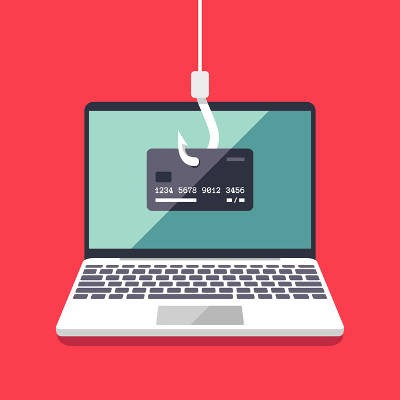FRS Pros Blog
Credit Card Theft and Identity Theft are Not the Same Thing
While many might see having a credit card stolen as identity theft, this is an oversimplification that can prove dangerous. While credit card theft can be an element of identity theft, equating the two means that other forms of identity theft are overlooked. In today’s blog, we’ll go over why identity theft and credit card theft aren’t exactly the same thing, and what you can do to help keep your business safe from damage.
Defining Crimes
As we mentioned, while credit card theft and identity theft are related to one another, they aren’t terms that should be used interchangeably. Rather, credit card theft is just one of many kinds of identity theft. Think of it this way: cars, trucks, and SUVs are all types of motor vehicle. In this example, credit card theft is the car, while identity theft is represented by all varieties of motor vehicle--including trucks and SUVs.
Summed up, credit card theft is what happens when someone is able to access your account and make purchases without your permission. While this isn’t the only form of identity theft, it is certainly a prevalent one. A 2015 report from the Bureau of Justice Statistics, a section of the U.S. Department of Justice, states that 8.6 million Americans of age 16 or older were victimized in 2014 alone, out of a total of 17.6 million affected by identity theft.
Identity theft is a blanket term for criminal activity that falls into one of three categories:
- Fraud or misuse of an existing account -- This kind of identity theft is the most common, with 16.4 million of 2014’s 17.6 million victims being targeted by this variety of identity theft. When a thief obtains access to an account of yours--through a credit card, for example--and uses it to their own ends, or passes bad checks through it, it falls under this category.
- Fraud or misuse of a new account -- If a criminal obtains your personal information and uses it to open an account in your name, you are made a victim of this kind of identity theft. This kind of identity theft can range from relatively small, like opening a line of credit or a checking account, to large, like applying for a fraudulent mortgage on a house. This was reported about 1.1 million times in 2014.
- Fraud or misuse of personal information -- All other uses of stolen personal information or data fall under this category, which held 713,000 of 2014’s reported cases. In this form of identity theft, someone improperly uses your information for their benefit. This may be to find employment, rent property, see a doctor or even to lie to the authorities.
Protecting Yourself (and Your Clients and Employees) from Identity Theft
Of course, you’ve probably already considered how much personal or otherwise sensitive data you have stored on your business network. There’s your business’ financial data, with employee information if they are paid through direct deposit bundled in there. Additionally, if any of your clients have financial data on file, that certainly counts as well. This also includes any non-financial records your business may keep on your clients.
In short, you have plenty of data that needs to be protected, including credit card and other personally identifiable information. FRS Pros can help you keep it safe. Call us at 561-795-2000 for more information.



